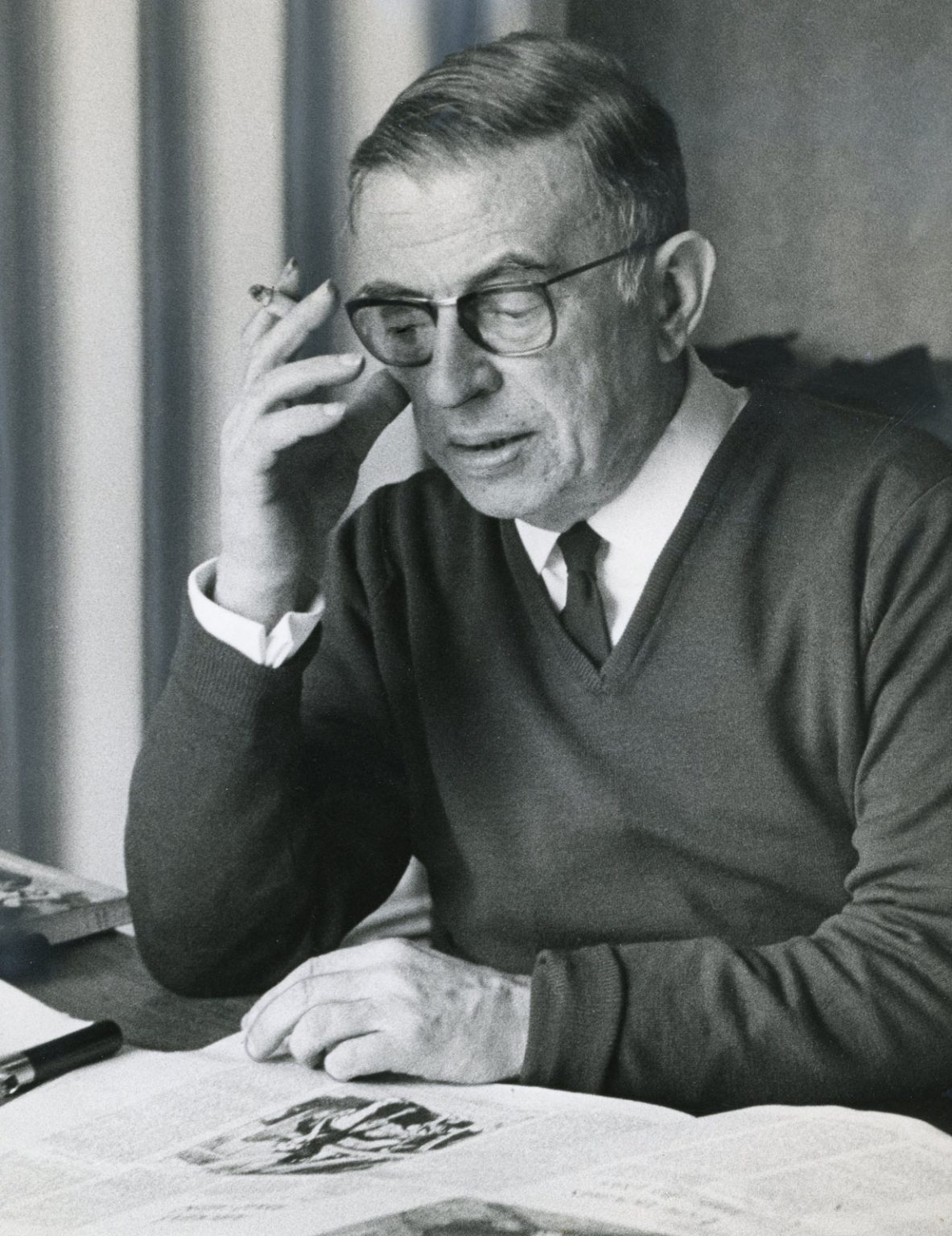
¿Quién fue Jean Paul Sartre? Letras, EHLI EHLI
Jean-Paul Sartre, (born June 21, 1905, Paris, France—died April 15, 1980, Paris), French philosopher, novelist, and playwright, best known as the leading exponent of existentialism in the 20th century. In 1964 he declined the Nobel Prize for Literature, which had been awarded to him "for his work which, rich in ideas and filled with the spirit of freedom and the quest for truth, has.
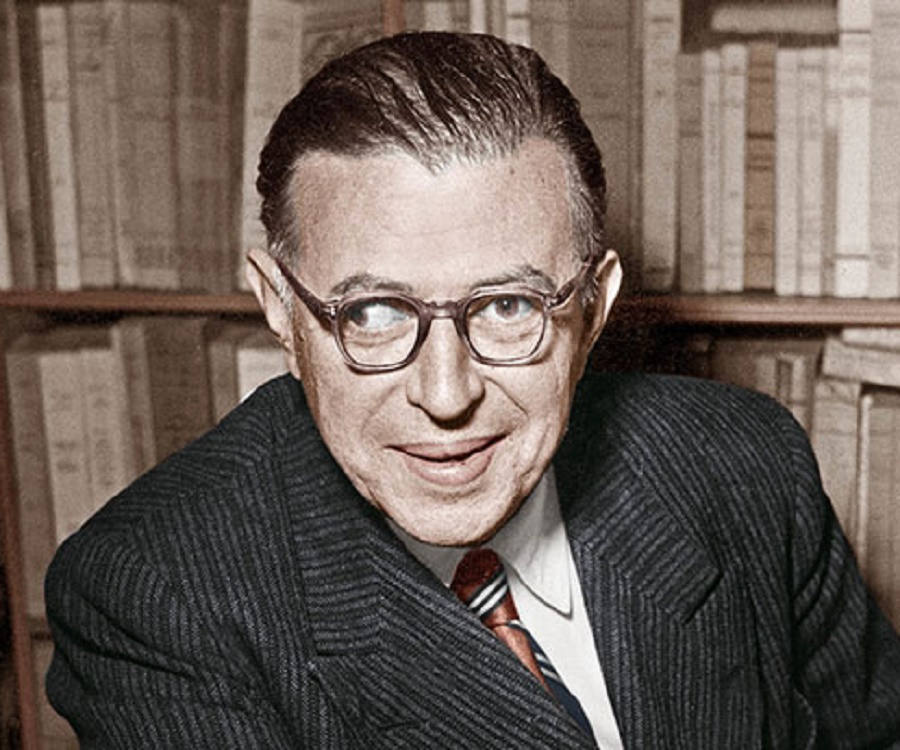
JeanPaul Sartre Biography Facts, Childhood, Family Life & Achievements
Jean-Paul Charles Aymard Sartre (21 June 1905 - 15 April 1980) was a French existentialist philosopher, novelist, playwright, screenwriter, and critic. He won the Nobel Prize in Literature for 1964, but refused it, saying "a writer should not allow himself to be turned into an institution".

JeanPaul Sartre A Philosopher Of Freedom Canyon News
Jean-Paul Sartre (1905-1980) is a French author, playwright, and political activist who was also one of the most influential philosophers of the 20th century. He was interested in the nature of existence, freedom, responsibility, consciousness, and time, helping to develop a philosophical movement called existentialism.

JeanPaul Sartre jeanpaulsartre colorized by Jecinci // Sartre was a French philosopher
Few philosophers have been as famous in their own life-time as Jean-Paul Sartre (1905-80). Many thousands of Parisians packed into his public lecture, Existentialism is a Humanism, towards the end of 1945 and the culmination of World War 2.That lecture offered an accessible version of his difficult treatise, Being and Nothingness (1943), which had been published two years earlier, and it.
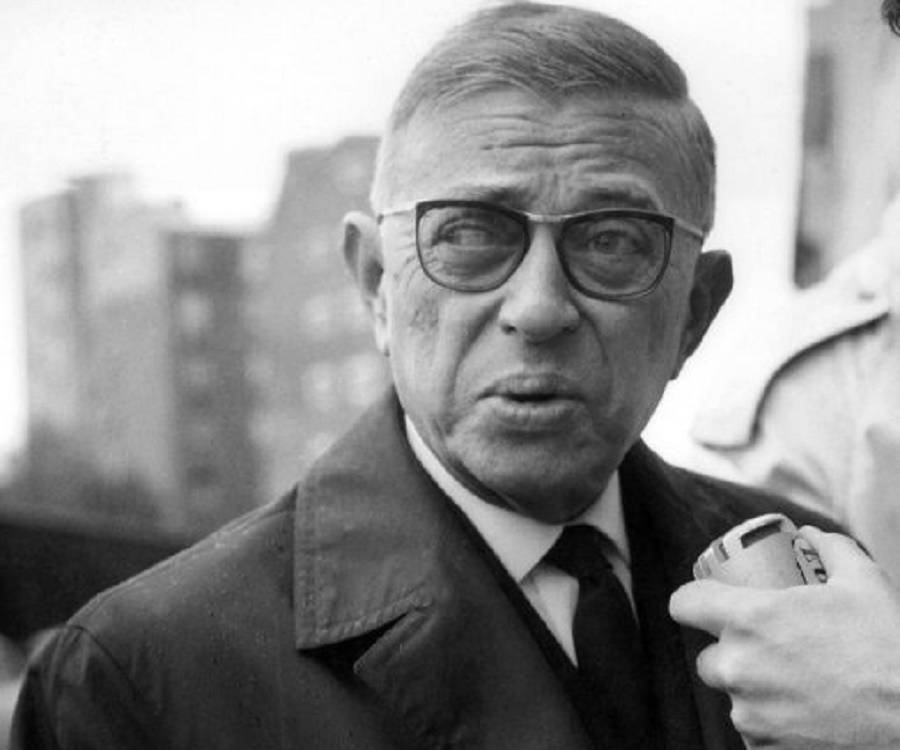
JeanPaul Sartre Biography Facts, Childhood, Family Life & Achievements
Jean-Paul Sartre (1905-1980) was one of the most important French philosophers, writers, and intellectuals of the twentieth century (Cohen-Solal 1987). His contributions, like those of his partner, Simone de Beauvoir, stand out in the fields of social philosophy, ontology, and ethics. As a writer, his work is composed of literary.
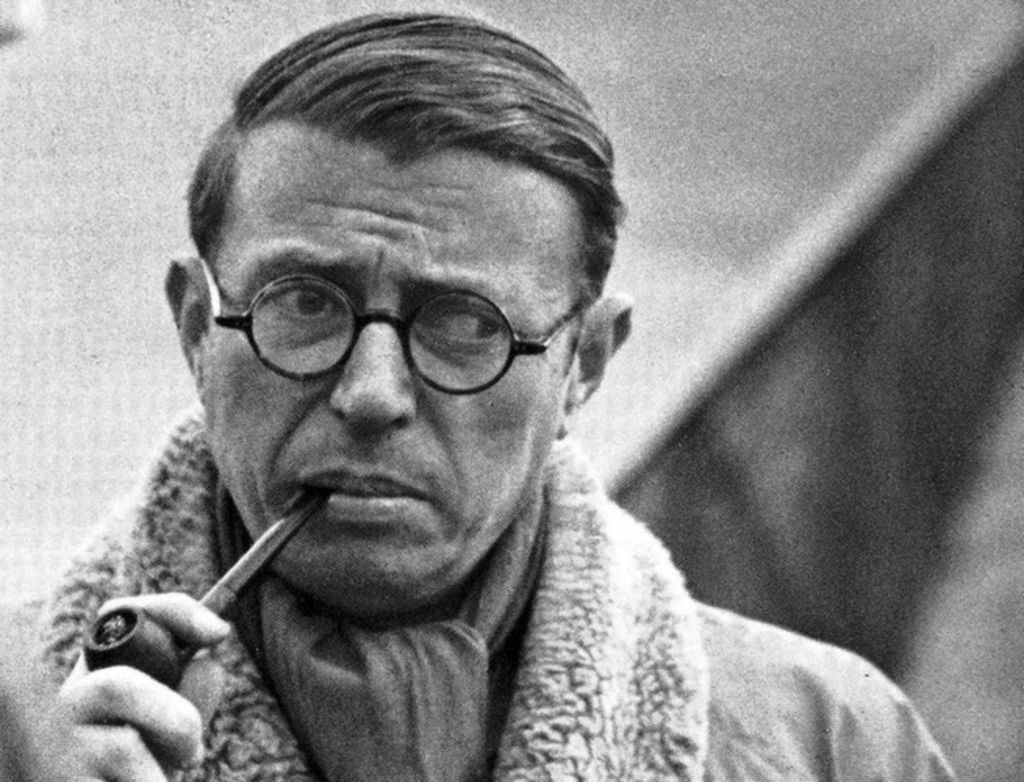
1980 Muere Jean Paul Sartre, el filósofo existencialista de mayor notoriedad, El Siglo de Torreón
Top Image: Jean Paul Sartre and Simone de Beauvoir, the year Sartre won the Nobel Prize. Nasher Museum of Art at Duke University, Gift of Charles (A.B.'84) and Linda Googe, 2019.17.157. One risks dramatic understatement in designating Jean-Paul Sartre (1905-1980) as among the most important philosophers of the twentieth century. Between.
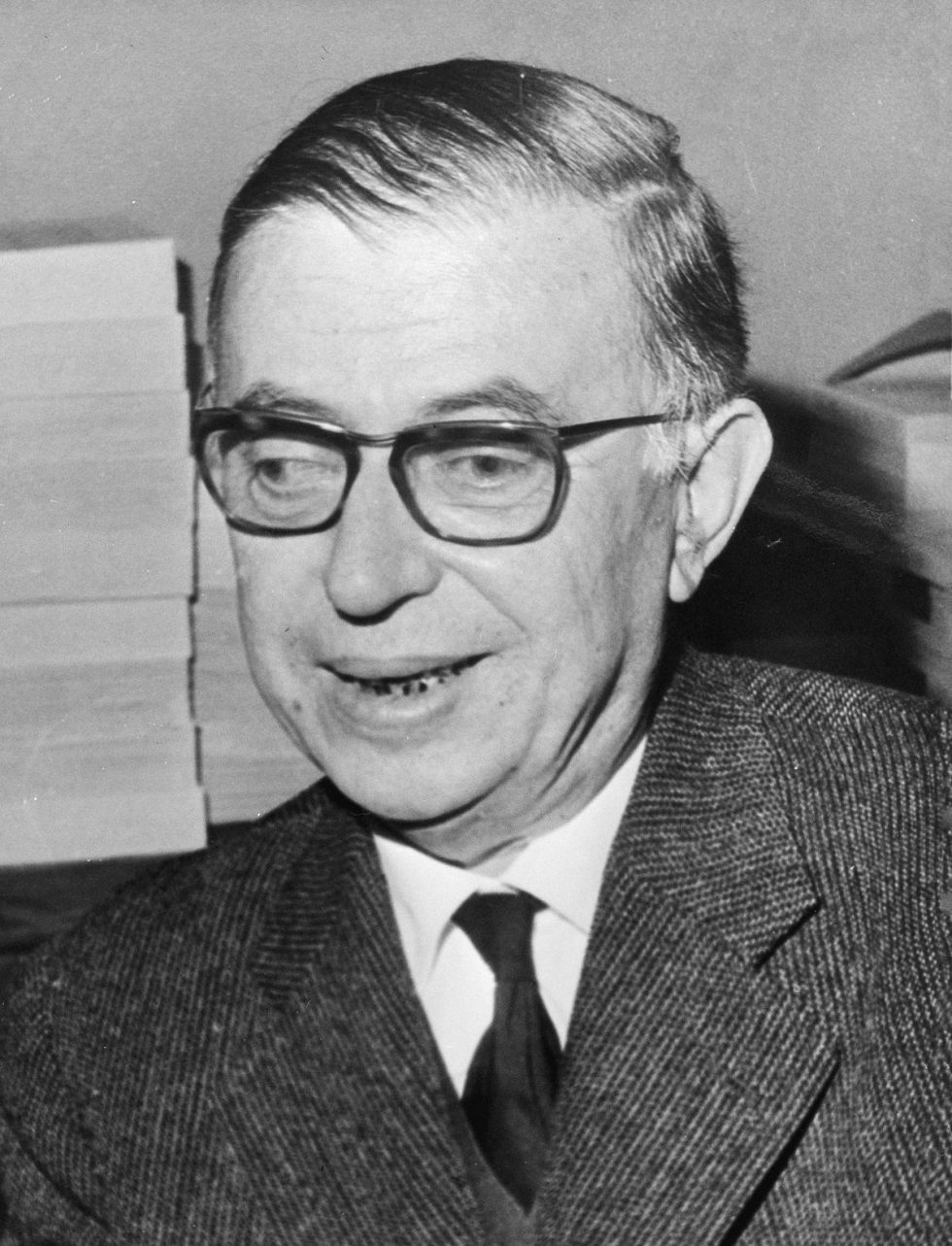
Biografía Jean Paul Sartre Cultura Ser Uno
Provocative French philosopher and writer Jean-Paul Sartre was born 100 years ago Tuesday. Frank Browning explores Sartre's life and work, which still inspire both admiration and anger.
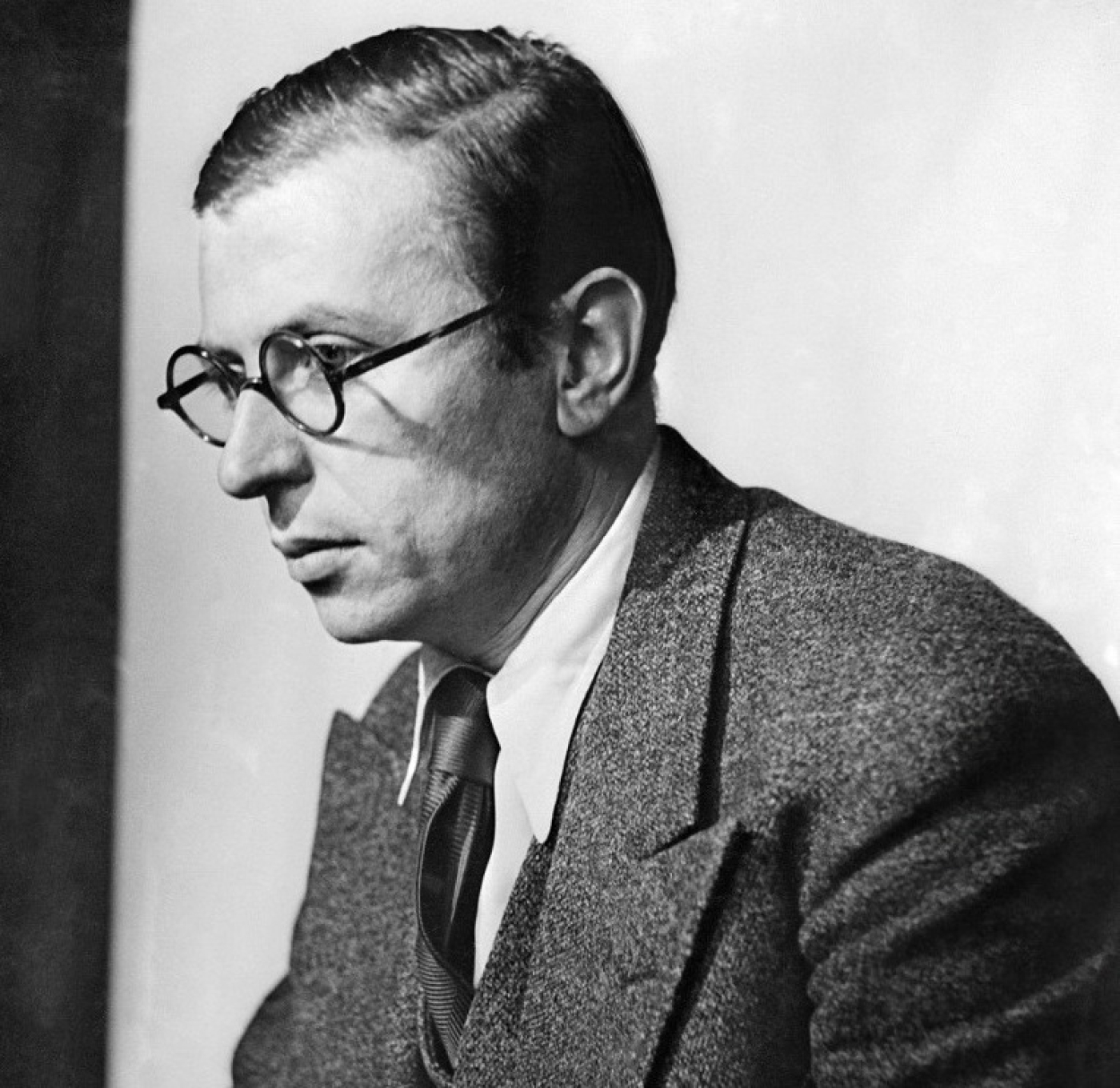
On JeanPaul Sartre and Palestine Middle East Eye
(1905-1980) Synopsis. Born on June 21, 1905, in Paris, France, Jean-Paul Sartre was a pioneering intellectual and proponent of existentialism who championed leftist causes in France and other.
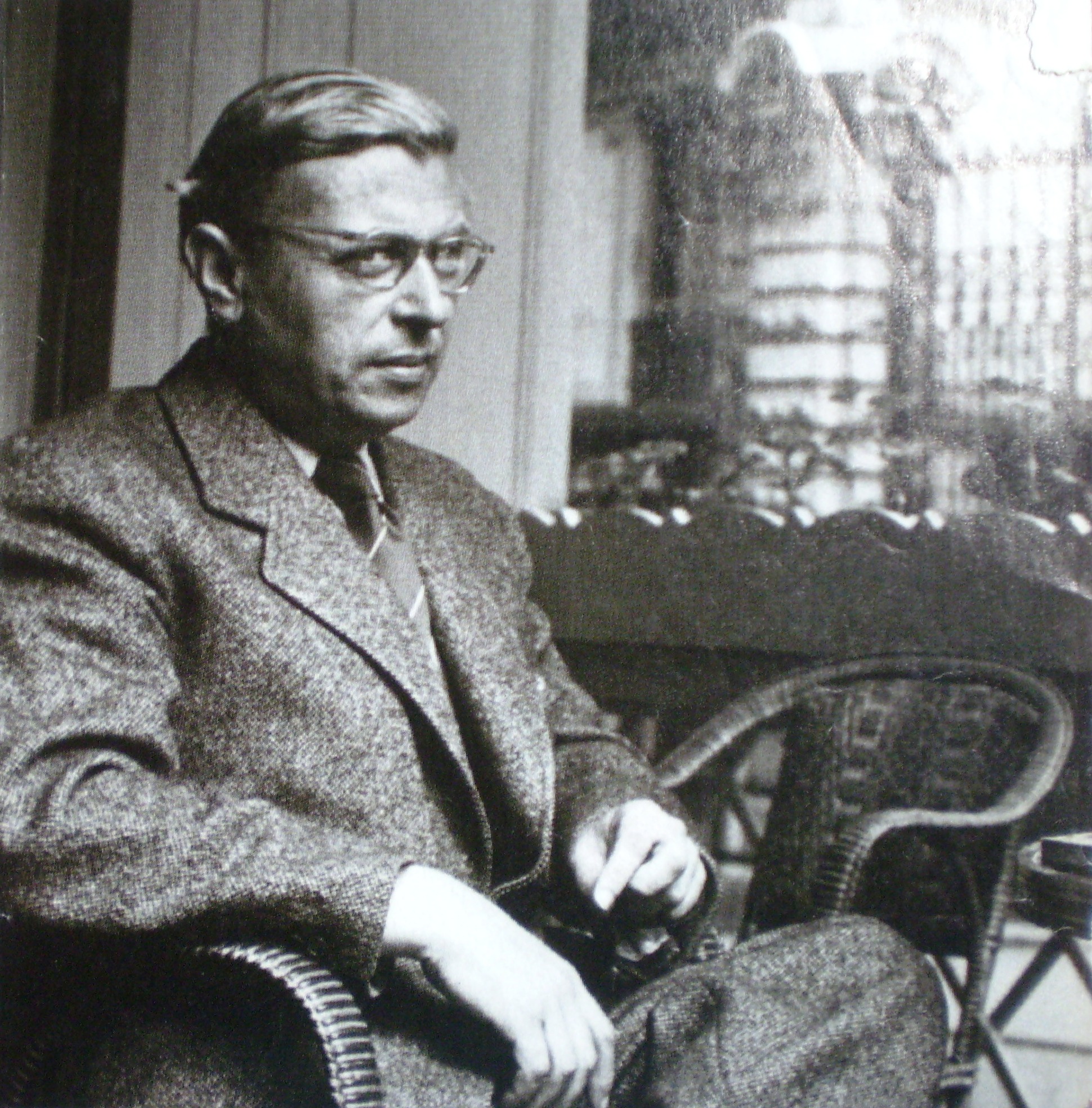
Photos de JeanPaul Sartre
Jean-Paul Sartre's Bad Faith War (Krieg) , by Kathe Kollwitz , 1923, via MoMA One of Sartre's most controversial contributions to philosophy is his claim that we are "radically free"; radically free to define our essence but also free to choose, act, and even change our emotions.
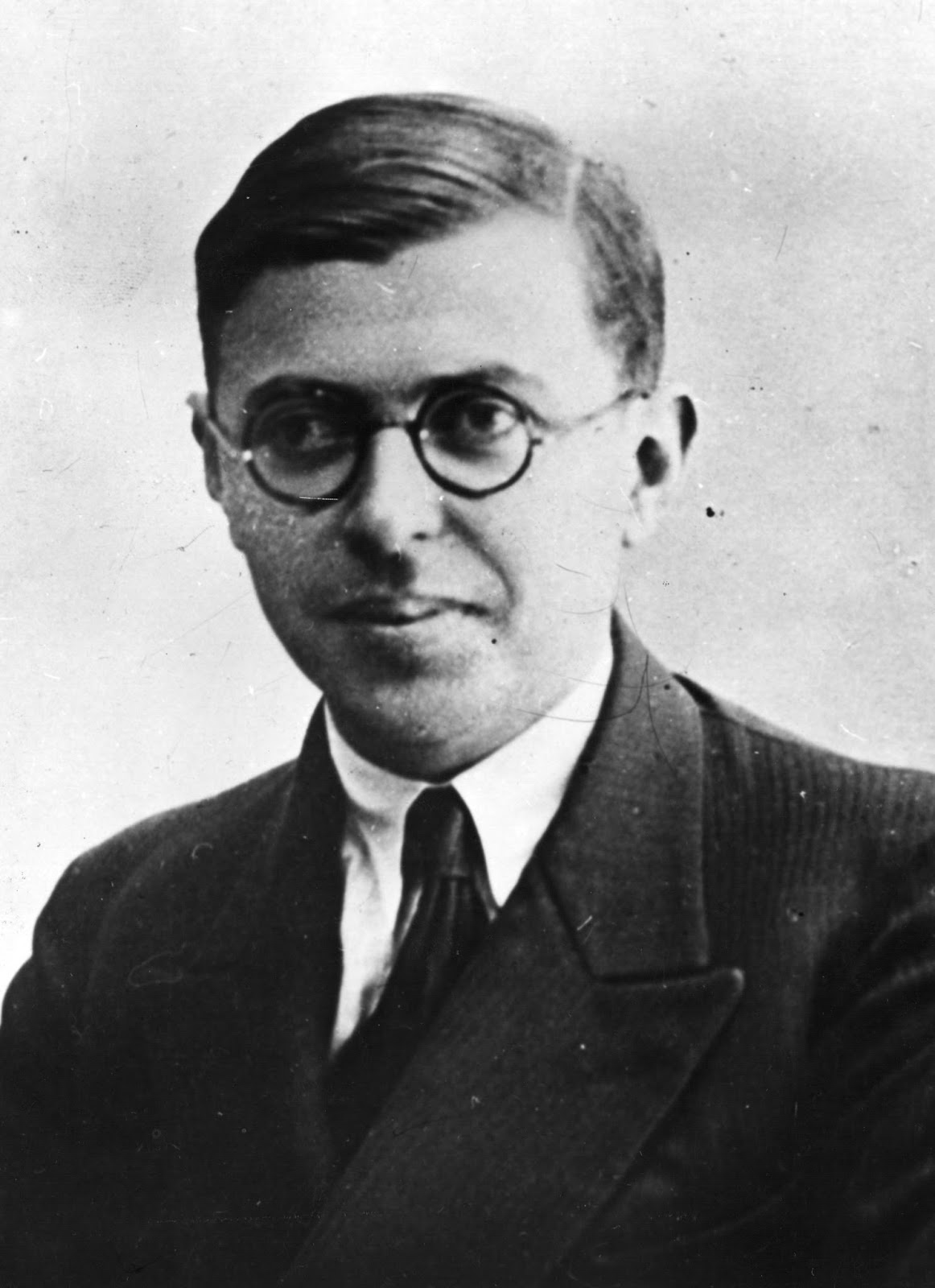
Jean Paúl Sartre FILOSOFIA
Jean-Paul Sartre, (born June 21, 1905, Paris, France—died April 15, 1980, Paris), French philosopher, novelist, and playwright, the foremost exponent of existentialism.He studied at the Sorbonne, where he met Simone de Beauvoir, who became his lifelong companion and intellectual collaborator.His first novel, Nausea (1938), narrates the feeling of revulsion that a young man experiences when.
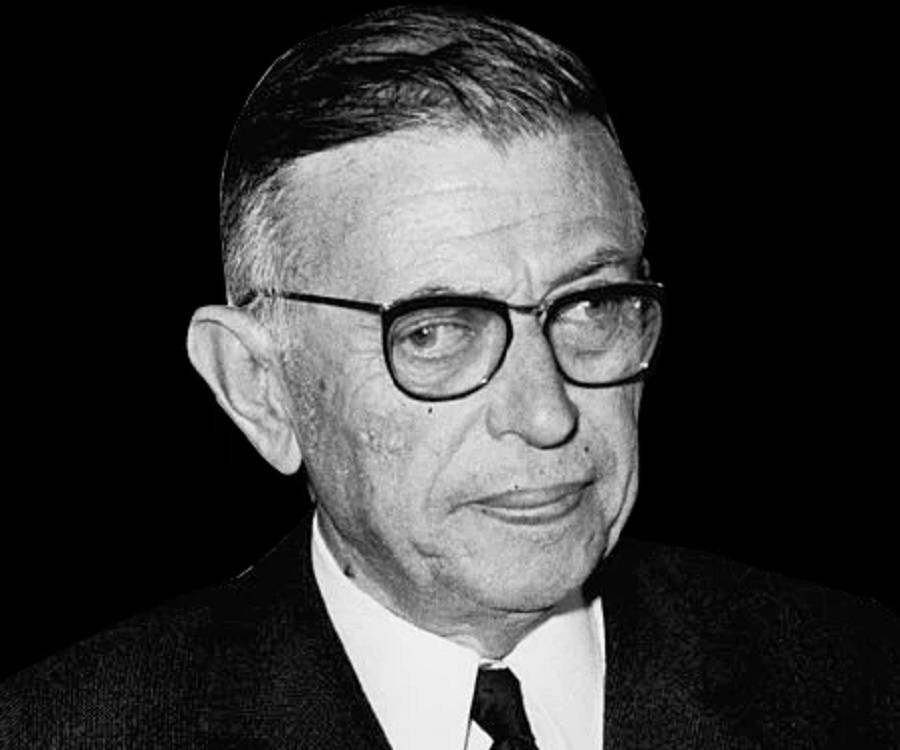
JeanPaul Sartre Biography Facts, Childhood, Family Life & Achievements
The Philosophy of Sartre by Anthony Hatzimoysis Playwright, novelist, political theorist, literary critic and philosopher, Jean-Paul Sartre (1905-80) remains an iconic figure. This book examines his philosophical ideas and methods. It is an introductory guide for the student who wishes to understand Sartre's philosophical argumentation.
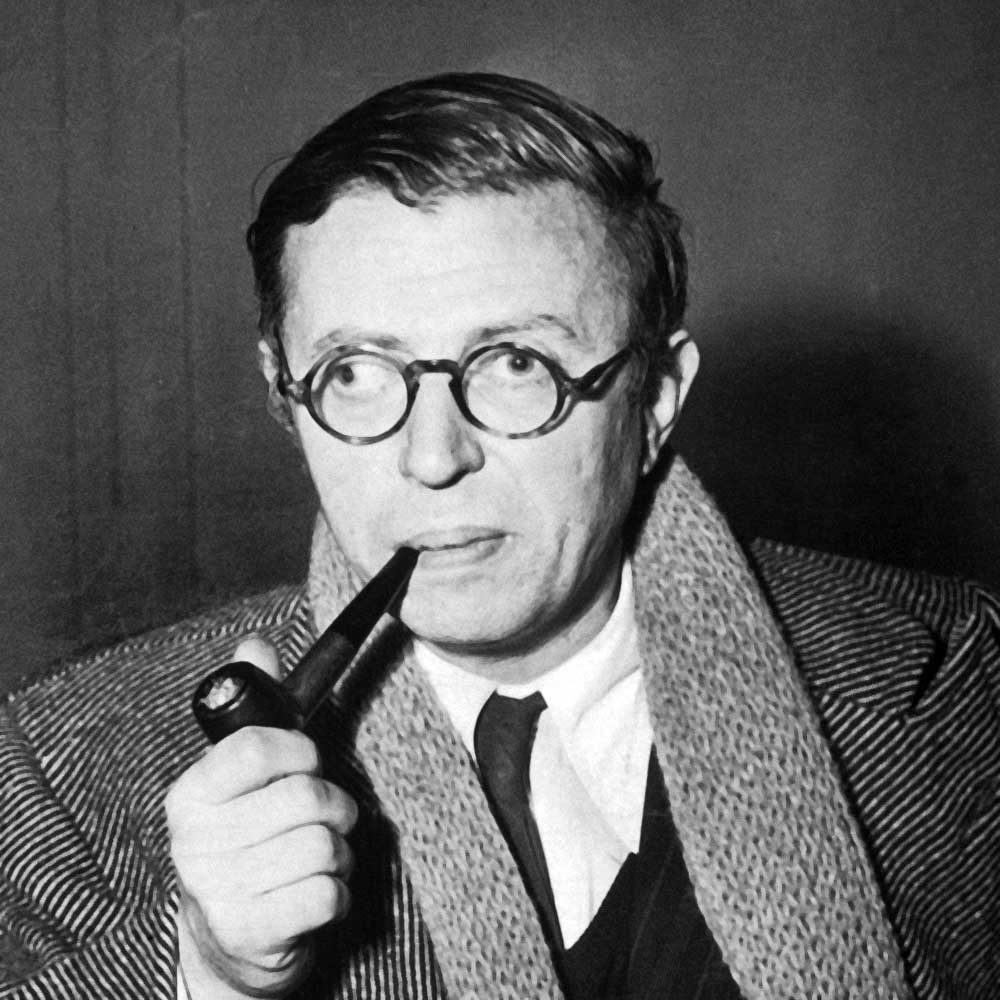
ΜουσικόVLOG JeanPaul Sartre [ΖανΠολ Σαρτρ (19051980)]
Jean-Paul Sartre was a novelist, playwright, and philosopher. His major contribution to twentieth-century thinking was his system of existentialism, an ensemble of ideas describing humans' freedom and responsibilities within a framework of human dignity.

Frankreich JeanPaul Sartre (19051980) Bilder & Fotos WELT
Jean-Paul Sartre - Existentialism, Politics, Writing: After World War II, Sartre took an active interest in French political movements, and his leanings to the left became more pronounced. He became an outspoken admirer of the Soviet Union, although he did not join the French Communist Party (PCF). In 1954 he visited the Soviet Union, Scandinavia, Africa, the United States, and Cuba.
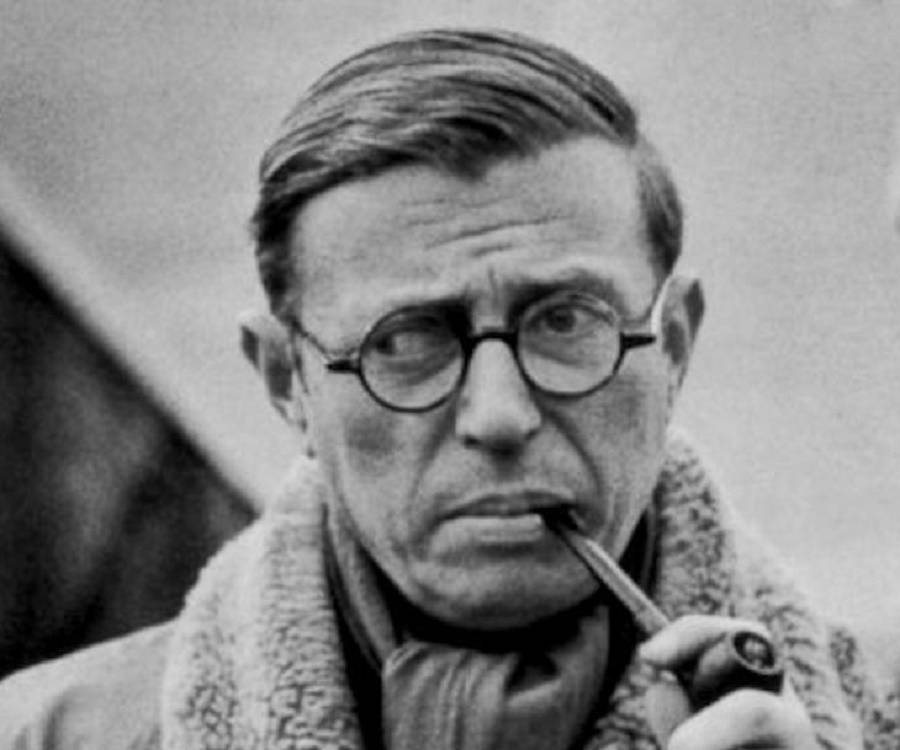
JeanPaul Sartre Biography Facts, Childhood, Family Life & Achievements
Jean-Paul Charles Aymard Sartre, normally known simply as Jean-Paul Sartre, was a French existentialist philosopher and pioneer, dramatist and screenwriter, novelist and critic.He was a leading figure in 20th century French philosophy. He declined the award of the 1964 Nobel Prize in Literature "for his work which, rich in ideas and filled with the spirit of freedom and the quest for truth.

JeanPaul Sartre Biographie
Jean-Paul Sartre studied at the École Normale Superieur in Paris. He was a key figure in the existentialism philosophical movement, and his work has had a significant influence on 20th-century sociology, postcolonial theories and general literary studies. Sartre had a lifelong, open relationship with writer, philosopher and feminist icon.
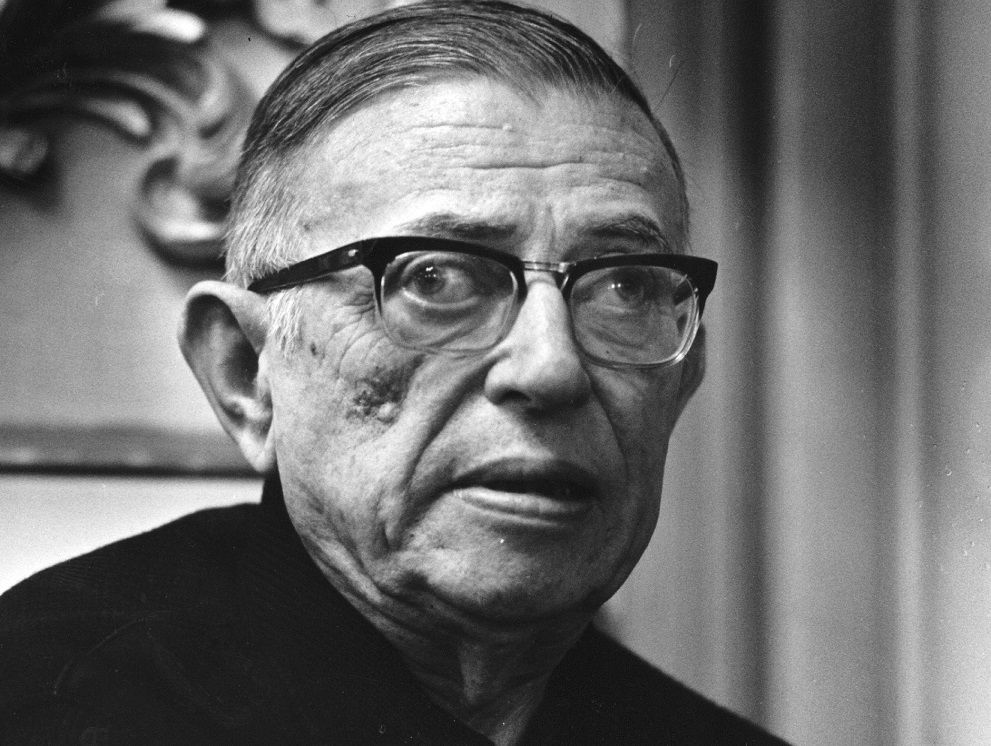
Nobel Prize in Literature Why JeanPaul Sartre Refused the Controversial Award in 1964
Sartre's Political Philosophy. French philosopher Jean-Paul Sartre (1905-1980), the best known European public intellectual of the twentieth century, developed a highly original political philosophy, influenced in part by the work of Hegel and Marx. Although he wrote little on ethics or politics prior to World War II, political themes dominated his writings from 1945 onwards.